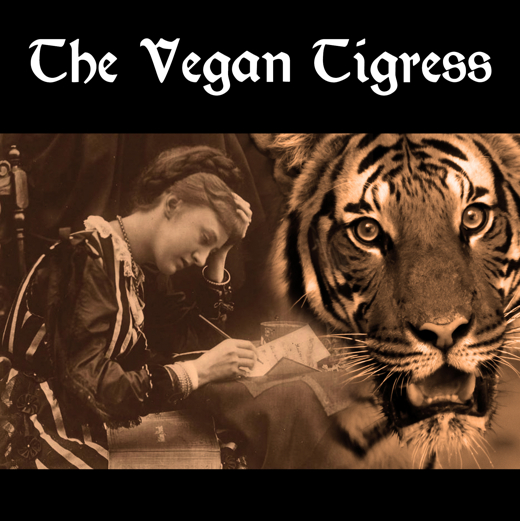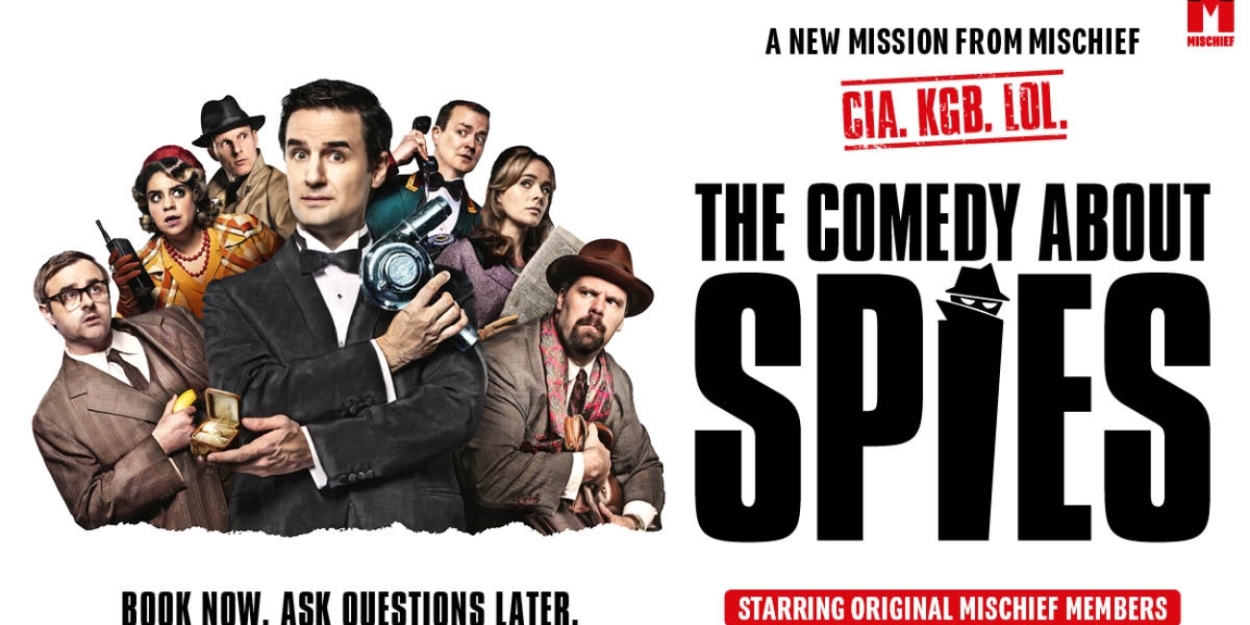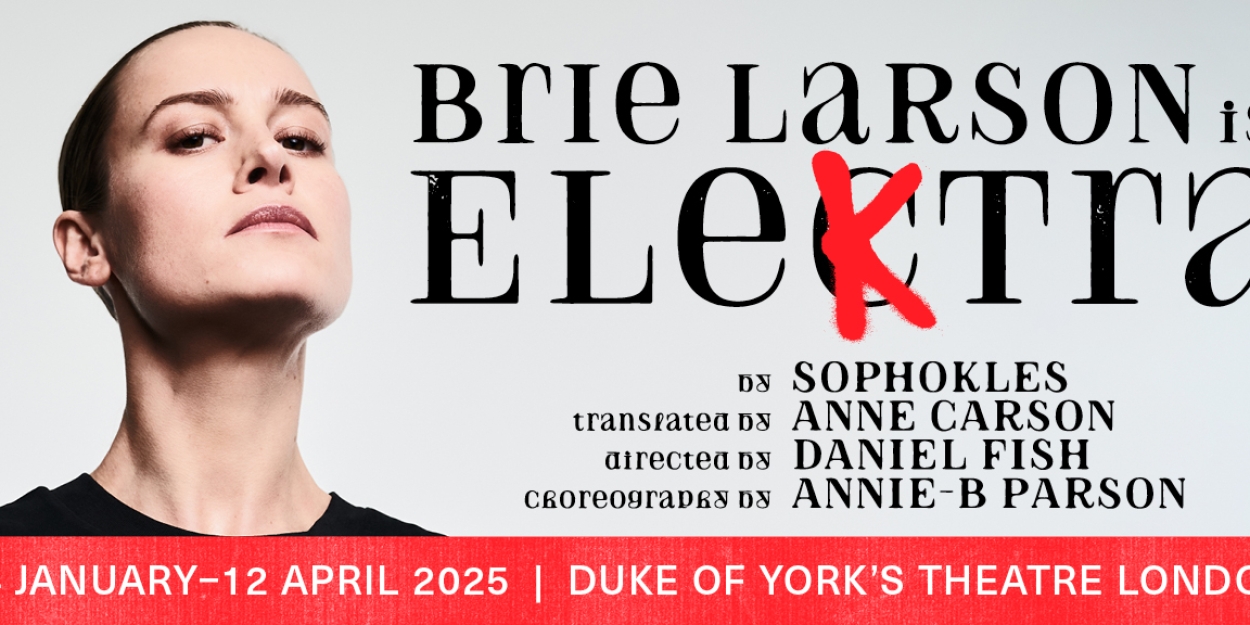Premiering in London, a new play celebrates the life and storytelling of an inspirational Victorian author - Mary De Morgan. Inspired by her extraordinary fairy tales, The Vegan Tigress imagines De Morgan accidentally summoning a ghost. The spirit is the formidable mother of a lover Mary spurned many years before. The opposing worlds of free spirits and tightly-laced corsets collide as De Morgan is forced to re-evaluate her life on the eve of a life-changing journey. The play is a celebration of the art and craft of storytelling, and one of De Morgan’s fantastical tales is woven into the drama. Playwright Claire Parker wittily shines a light on Mary De Morgan and her sublime, subversive stories.
Cast and Creative team for The Vegan Tigress at Bread & Roses Theatre
Cast
Poets of Fortune - The Connection Between Lyricists and Cards
Connecting poetry and gambling may seem like an unlikely duo, but the literary and gambling industries have been interwoven for hundreds of years. There are many novels that touch on gambling, most famously The Gambler by Dostoyevsky, but even the biggest poets of our time dabbled in cards and dice and often included gambling in their writings.
Of course, their exposure to gambling would be limited to the city or town where they found themselves for inspiration. They didn’t have access to online platforms like Golden Panda, where a wide variety of games can be played and access to winnings is almost instant. What they had were cardrooms, inns, and games of dice in the park.
Pushkin
Pushkin was a legendary poet, but he was also surrounded by legends about his gambling addiction. Pushkin was a well-off novelist, playwright, and poet, however, his love of gambling harmed his financial standing. He risked his great fortune playing faro, bridge, ombre, and various other card games. Anna Kern, one of Pushkin’s muses said of him, “Pushkin was very fond of cards and he used to say that they were his only real attachment.” He mentioned gambling in his writings, like his novel Queen of Spades which opens with a gambling party.
Homer
Gambling has been around for centuries, and even the ancient Greeks enjoyed dice and other games of chance. Homer, the writer of The Illiad and The Odyssey, was reportedly a gambler who enjoyed playing “alea”, a game similar to many dice games. Some of his writings mention games of chance and flipping a coin to land on heads or tails.
Charles Baudelaire
Charles Baudelaire is a famous French poet, translator, and art critic. He is most well known for the lyrical poem Les Fleurs du Mal (Flowers of Evil) but he has also written a poem Le Jeu which translates to “the game”, but is related to gambling. In this poem, he considers gambling to be a never-ending, toxic cycle, writing about “faces without lips” sitting around the gaming tables. He also wrote The Generous Gambler, which is about a man meeting the devil.
Rudyard Kipling
This Nobel Prize winner often depicted gambling in his poems, short stories, and essays. He perfectly captured the characteristics of gamblers in his poem If, writing:
“If you can make one heap of all your winnings, and risk it on one turn of pitch-and-toss, and lose and start again at your beginnings, and never breathe a word about your loss.” Of course, this not only relates to gambling but also to every person’s journey in life.
Charles Bukowski
Charles Bukowski, dubbed the “laureate of American lowlife” by Time magazine, often wrote personal stories from his own gambling experiences. In Roll the Dice he wrote about rejection and bad odds, while in Gamblers All he writes, “It’s been a tough fight worth fighting as we all drive along betting on another day.”
Bread & Roses Theatre Frequently Asked Questions FAQ
Bread & Roses Theatre is at 68 Clapham Manor Street, Clapham SW4 6DZ , London.







